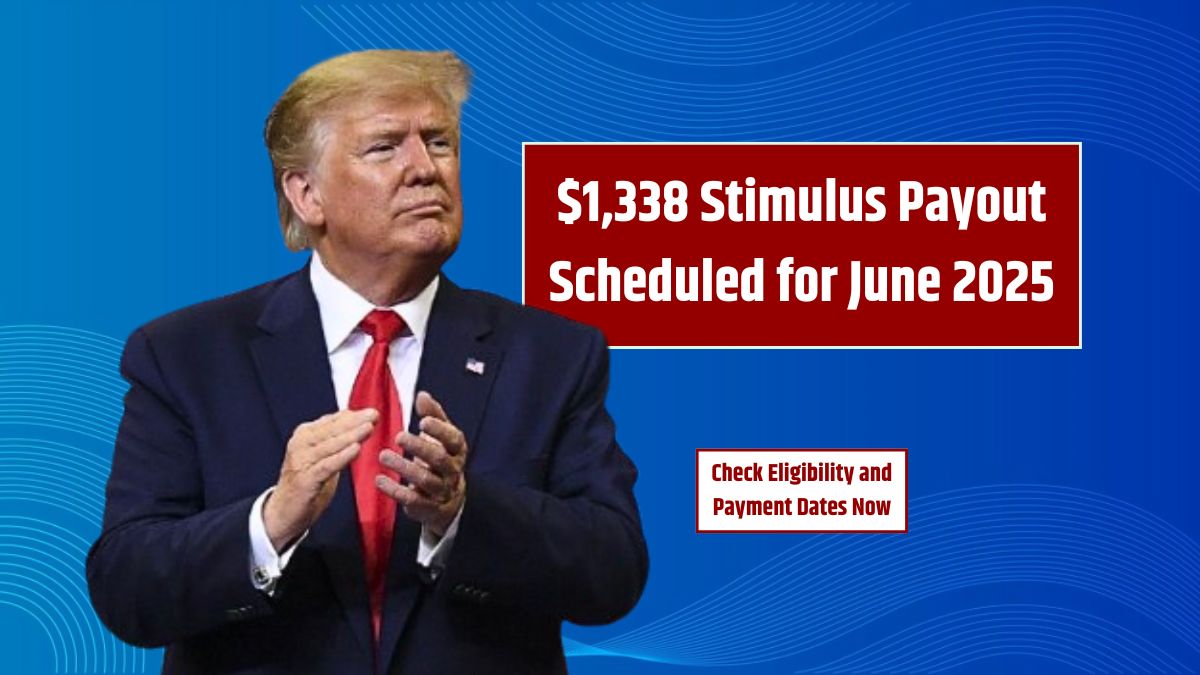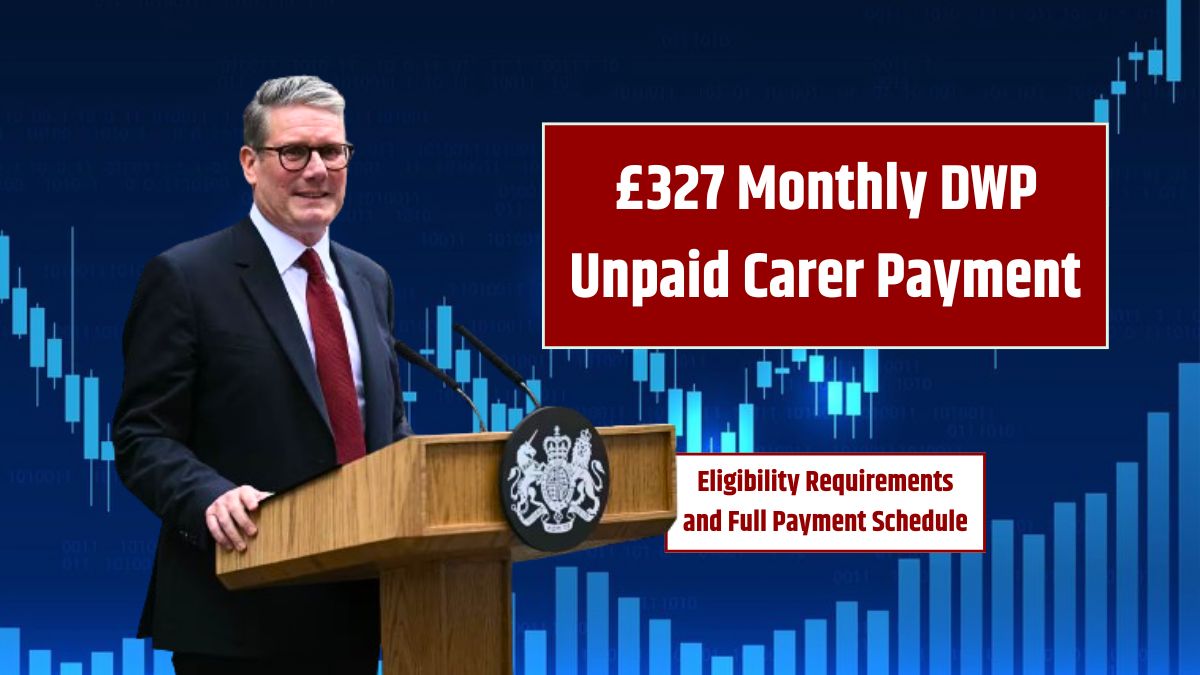Caring for someone with health or disability needs can be rewarding—but it’s also incredibly demanding. For many unpaid carers in the UK, juggling care responsibilities with financial pressures is a daily challenge. That’s where Carer’s Allowance comes in. Provided by the Department for Work and Pensions (DWP), this monthly payment of around £327 offers some much-needed financial support.
This guide covers everything you need to know about Carer’s Allowance, from eligibility and how to apply to payment amounts and practical tips for making the most of it.
Overview
Carer’s Allowance is the main government benefit for people who provide regular, unpaid care to someone with a disability or health condition. Whether you’re a parent, partner, or friend, if you’re providing care for 35 hours a week or more, you could qualify.
| Feature | Details |
|---|---|
| Payment Amount | £327.60 per month or £81.90 per week |
| Eligibility Age | 16 years and older |
| Minimum Caring Hours | 35 hours per week |
| Income Limit | £151 per week after deductions |
| Education Restriction | Not in full-time education (21+ hours) |
| Residency Requirement | England, Scotland, or Wales |
| Qualifying Benefits | PIP, DLA (care), Attendance Allowance, Armed Forces Independence Payment |
| Application Method | Online, phone, or post |
What
Carer’s Allowance is designed for people who support someone with daily tasks like eating, dressing, or managing medications. Even if you live in a different home from the person you care for, you may still qualify if you meet the care and time requirements.
It’s not just about financial help—it’s also recognition of the vital role unpaid carers play in society.
Criteria
To qualify for Carer’s Allowance, there are a few key conditions you must meet:
Age Requirement
You must be at least 16 years old.
Caring Hours
You need to care for someone at least 35 hours a week. This can include helping with meals, bathing, transport, medical appointments, and emotional support.
Income Threshold
You must earn less than £151 a week after tax, National Insurance, and other allowable expenses.
Education Rule
You cannot be in full-time education, which is defined as more than 21 hours of supervised study per week.
Residency Rule
You must live in England, Scotland, or Wales. Northern Ireland has a slightly different system.
Qualifying Benefits
The person you care for must receive one of these:
- Personal Independence Payment (PIP) – daily living component
- Disability Living Allowance (DLA) – middle or high care rate
- Attendance Allowance
- Armed Forces Independence Payment
Apply
Here’s how to claim Carer’s Allowance:
Step 1
You’ll need:
- Your National Insurance number
- Bank details for payments
- Your earnings and work details
- Details of the person you care for, including their benefit information
Step 2
The easiest way is through the GOV.UK website. You can also apply by calling the Carer’s Allowance Unit or by post if you prefer.
Step 3
It usually takes 6 to 12 weeks for your application to be processed. If approved, you may also receive backdated payments from the date you applied.
Payments
You’ll receive:
- £81.90 per week
- Or £327.60 every four weeks
The payments go directly into your bank account, and you can choose your preferred frequency during the application.
Considerations
Carer’s Allowance is helpful, but it can affect other financial benefits, so be mindful of the bigger picture.
Other Benefits
- It may reduce Income Support or Pension Credit
- It could increase your Universal Credit via the Carer’s Element
- Always speak to a benefits advisor before applying
Tax
Carer’s Allowance is taxable. If you already have other income and exceed the personal allowance, you may need to pay tax on this benefit.
Pension Credits
You’ll receive Class 1 National Insurance credits while claiming Carer’s Allowance. This helps build up your State Pension if you’re not working.
Extra Help
Here are some additional benefits and schemes you may be eligible for:
- Universal Credit Carer’s Element
- Carer Premium (if on Income Support, JSA, or Pension Credit)
- Blue Badge Scheme for easier parking
- Help with council tax in some areas
Advice
Managing money as a carer can be tough. Here are a few practical tips:
1. Budgeting
Track all your income and expenses. Use free online tools or apps to help plan weekly budgets and avoid unexpected shortfalls.
2. Local Support
Reach out to charities like Carers UK or Carers Trust. They offer help with everything from emotional support to benefit advice.
3. Carer Discounts
Look for discounts on travel, shopping, and even entertainment. Some supermarkets and brands offer hidden deals if you show proof you’re a carer.
4. Take Care of Yourself
Being a carer is hard work. Make sure to take breaks, get rest, and ask for help. Join a local support group or online community to connect with others.
Carer’s Allowance is more than just a payment—it’s recognition that you matter, and that your role has real value. Whether you’re new to caring or have been at it for years, don’t miss out on the help you’re entitled to.
FAQs
How much is Carer’s Allowance?
£81.90 per week or £327.60 every four weeks.
Who qualifies for Carer’s Allowance?
Carers aged 16+ providing 35+ hours of care weekly.
Does Carer’s Allowance affect other benefits?
Yes, it may reduce or increase certain benefits.
Can I get Carer’s Allowance while working?
Yes, if you earn less than £151 weekly after deductions.
Is Carer’s Allowance taxable?
Yes, it counts toward your taxable income.




















